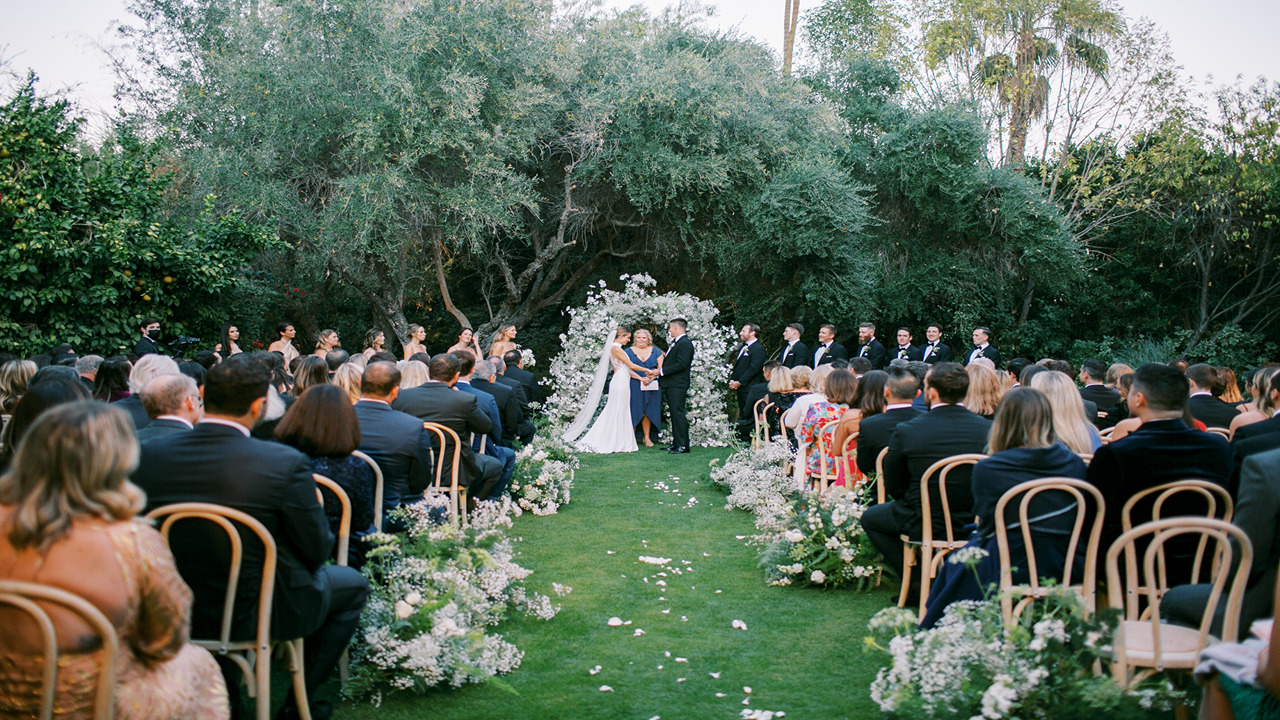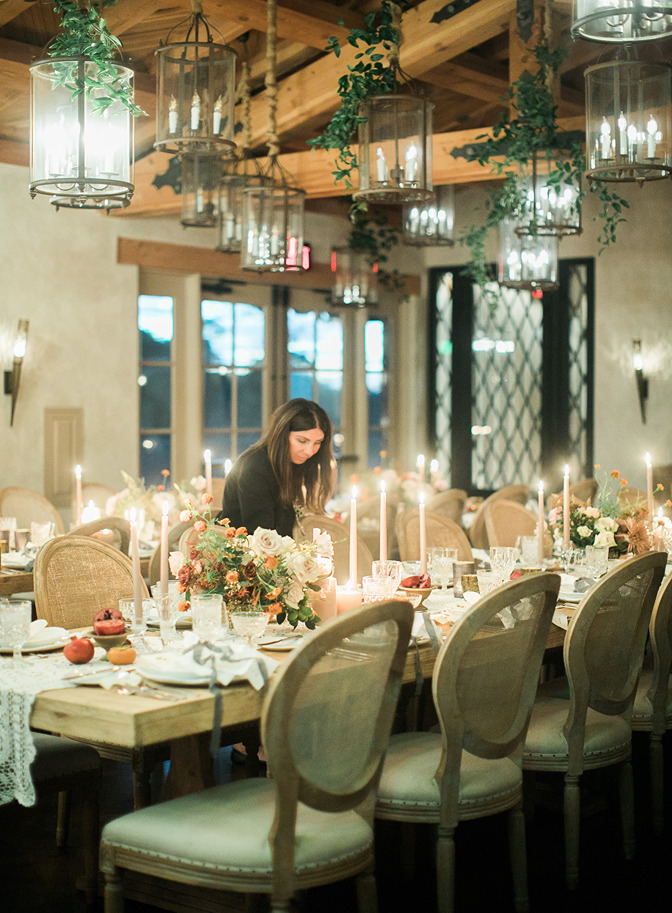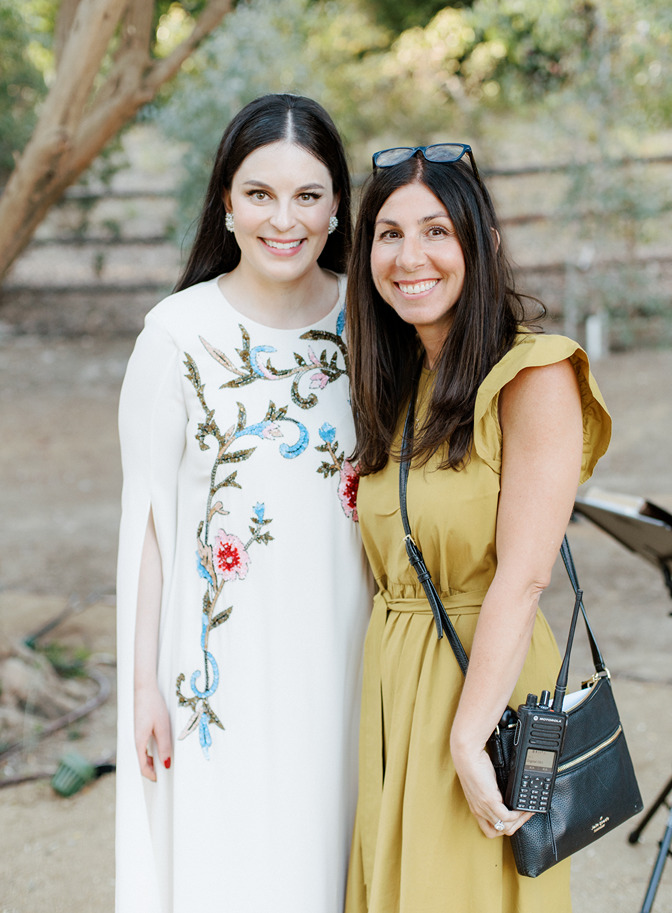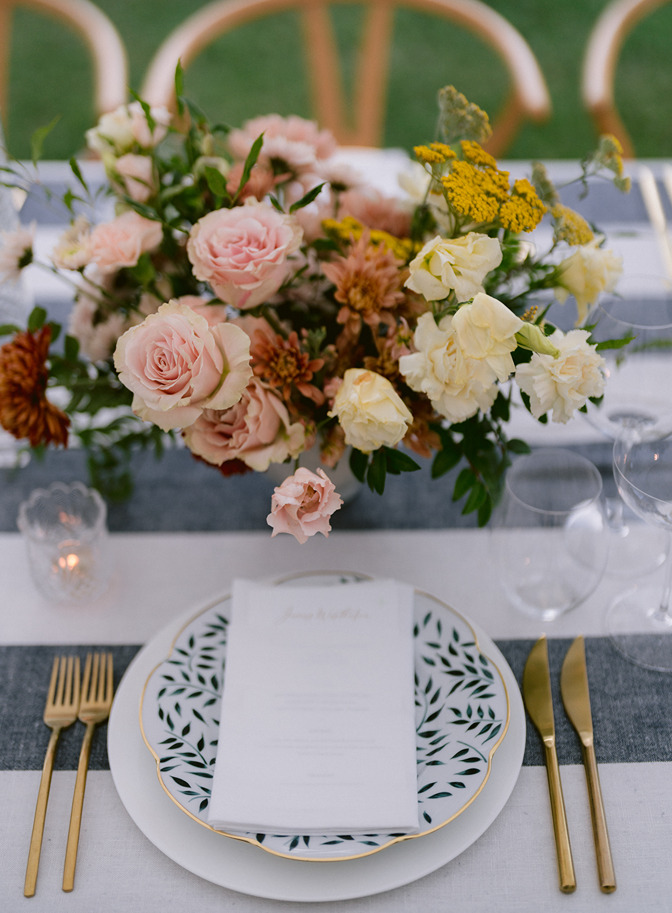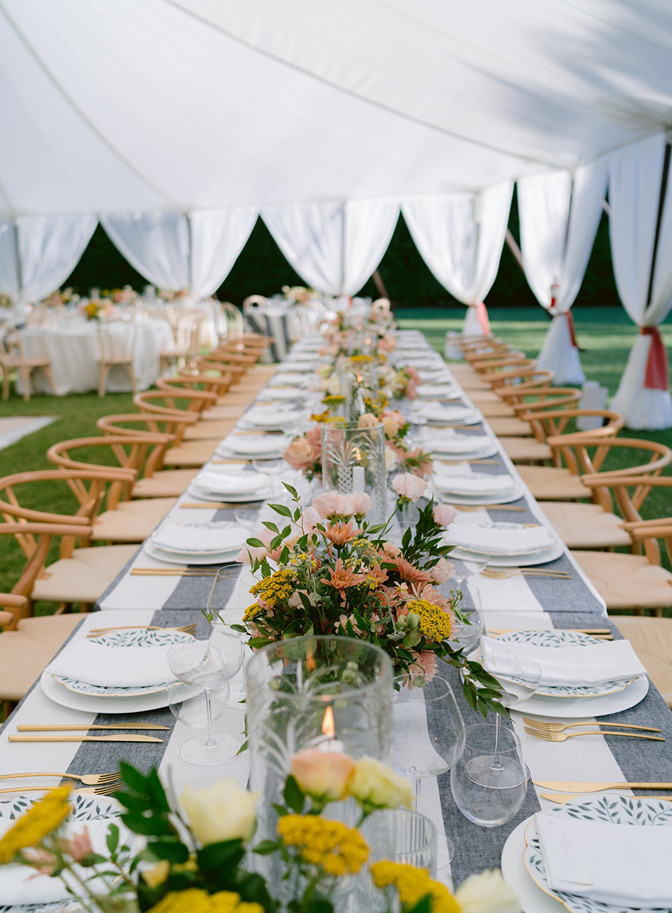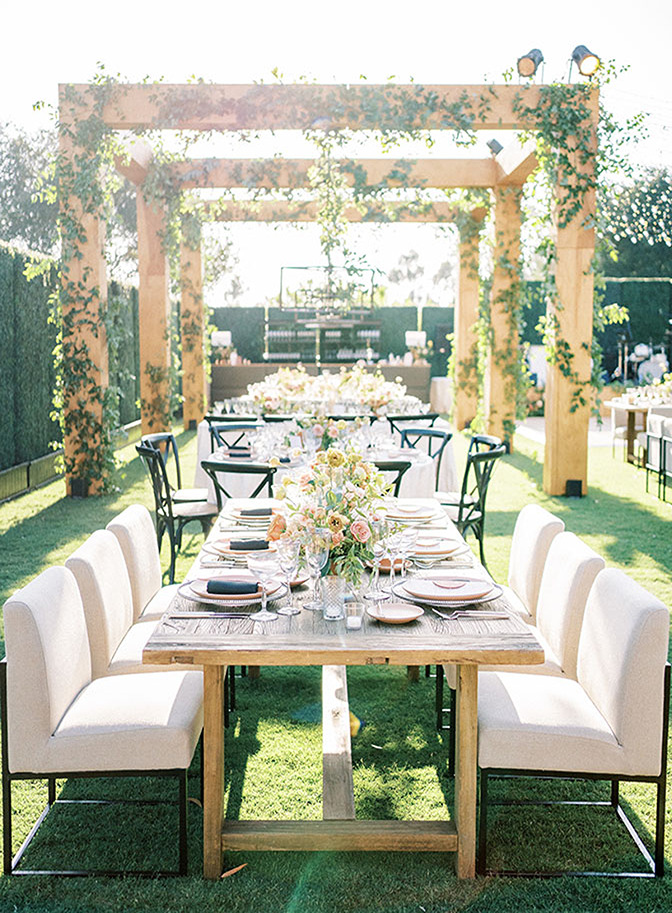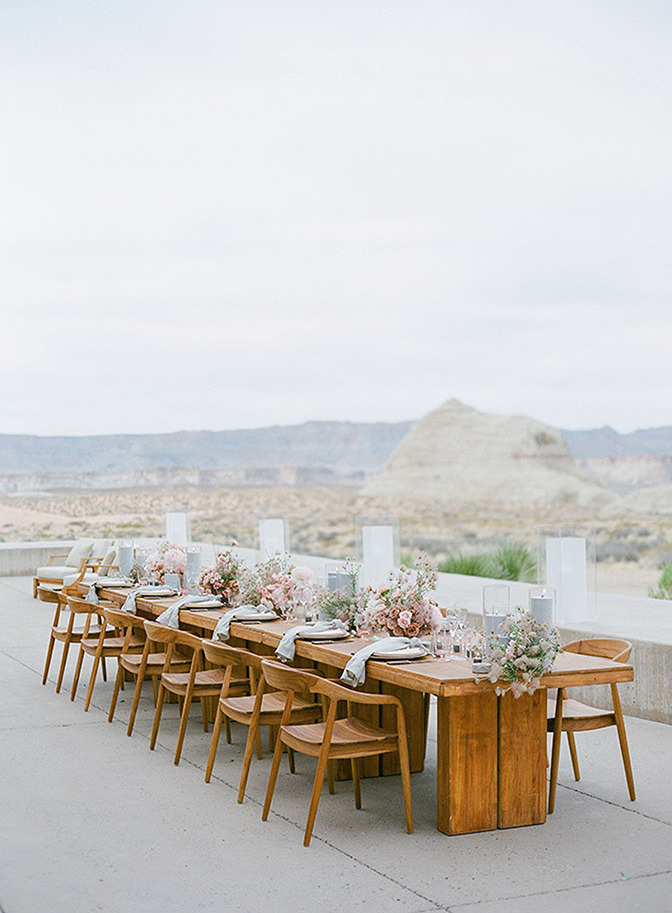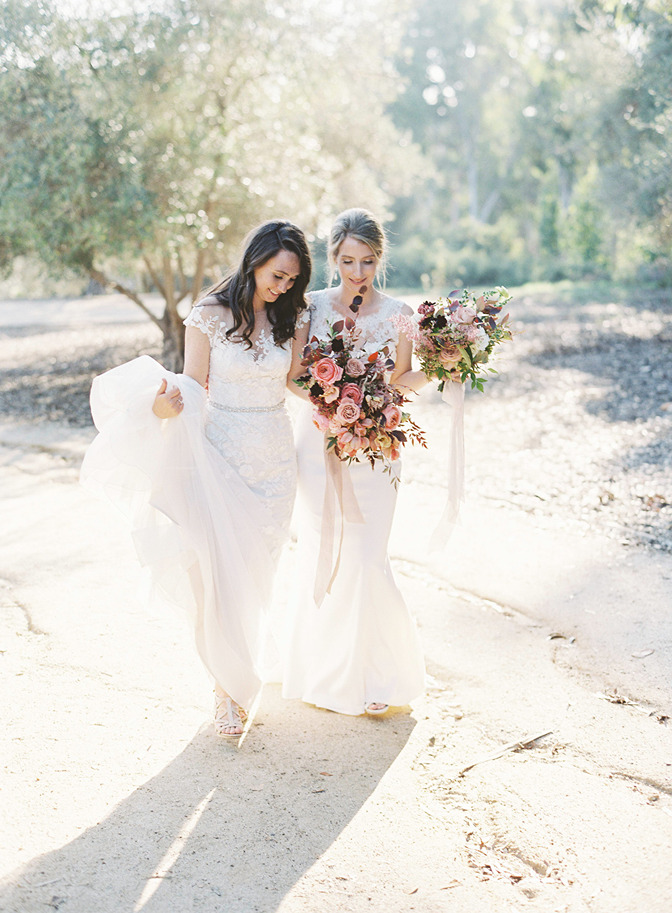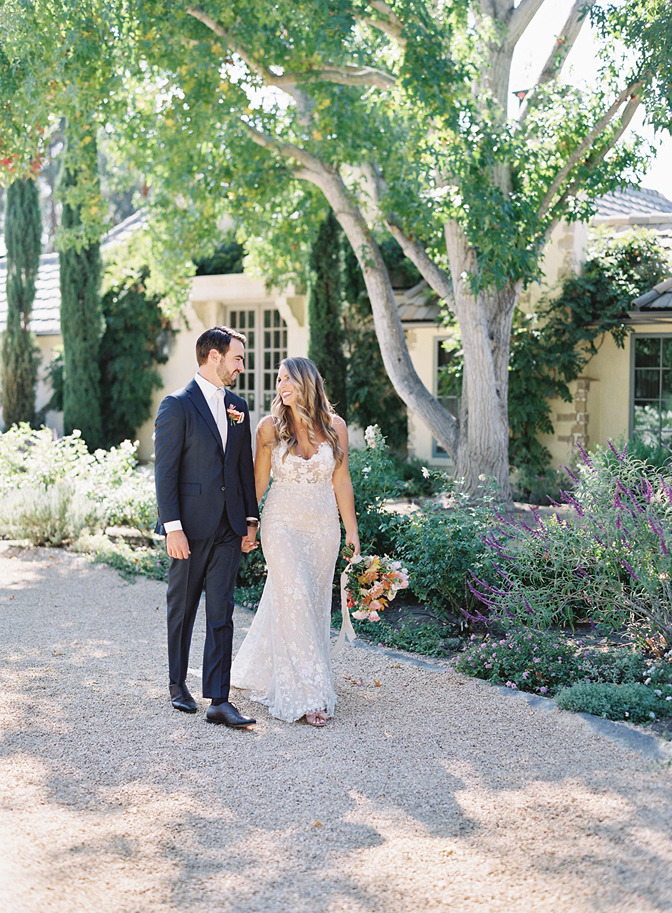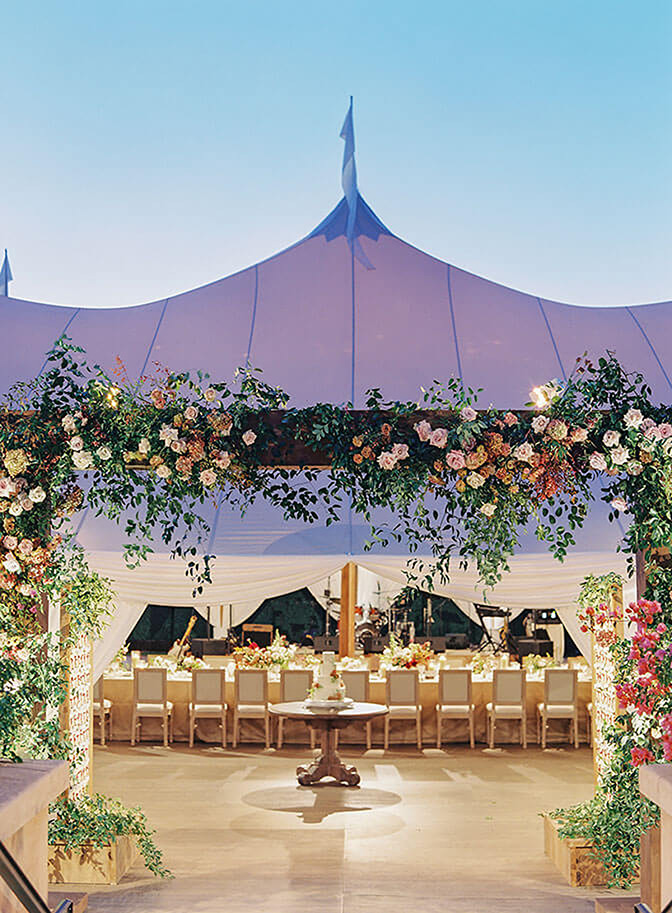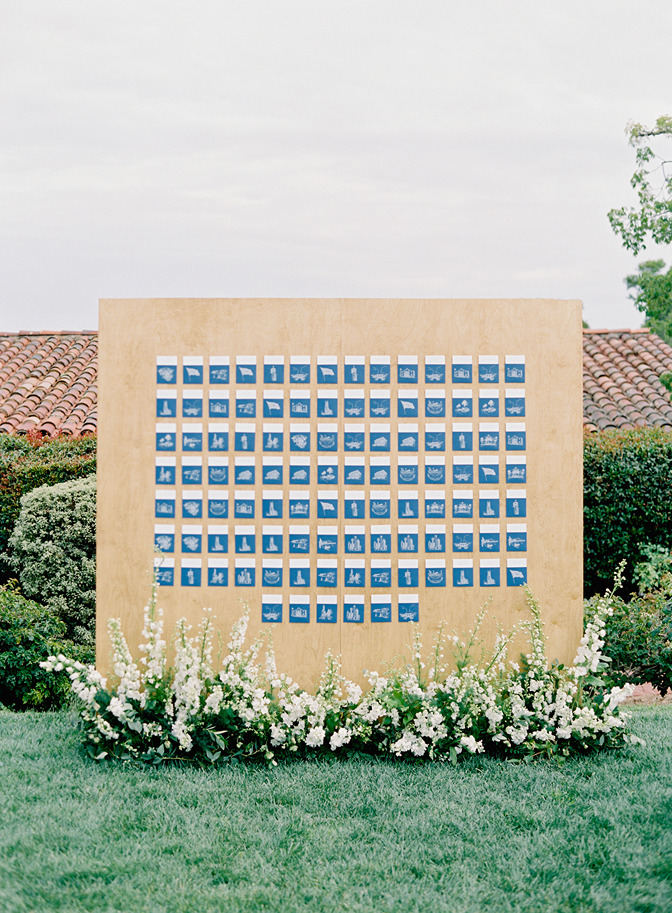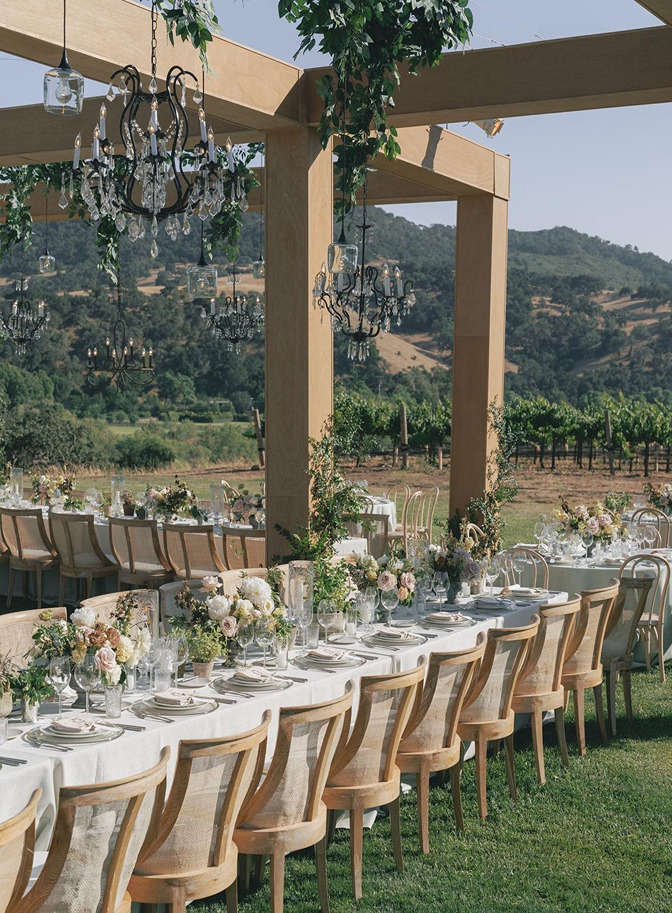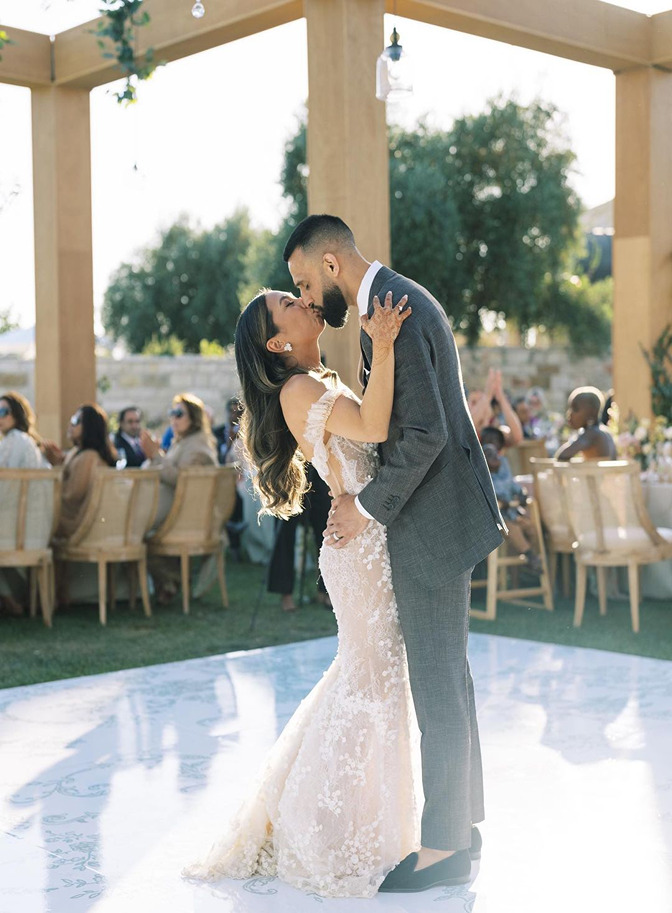Arguably, the most important decision you’re going to make on your journey to the aisle is who to hire as your full-service wedding planner. After all, depending on how long your engagement is, you’re going to be working with them for anywhere from six to 18 months. Your planner will be responsible for helping you execute your vision, managing all your vendors, and making the entire process as stress-free as possible. The right wedding planner will also be your creative partner, your advocate, your confidant, and your wedding ‘partner in crime’. So, it’s super important you feel comfortable and confident in your choice.
Before you hire your planner, first make sure your planner candidate is a good fit for you and your wedding and do some research. Check out their website, social media, and online (google and The Knot) reviews. Look at their previous work to get a feel for who they are and whether their aesthetic aligns with yours. If you feel good about their services and like their portfolio look and feel, then schedule a time to meet, either in person or via zoom. Before signing on the dotted line (and by the way, feel free to ask them to send you a copy of their contract for you to review beforehand), it’s important to ask the right questions. But what ARE the right questions to ask when hiring a wedding planner? Here are twelve that I suggest.
What is your approach to planning weddings?
From looking at a potential wedding planner’s website, you should get a good idea of their design aesthetic and the type of planning that they specialize in (ie. day of, partial, full service, multiday). Ask them whether they have areas of expertise, what they are passionate about, and what makes their approach and or weddings different in the market.
What do your services cover as a wedding planner?
Full services design and planning cover a lot of ground and planning services can vary greatly from one wedding planner to another. For example, some planners include design and styling while others focus on logistics and coordination. It’s important to know exactly what your planner will do – and what they won’t. Will they come along to dress fittings, help with RSVP management, or make your hotel reservations?
How do you prefer to work?
Personally, I think this is a two-way street. Every client is different – some prefer to communicate via text, some via email, and some prefer phone or zoom calls. But, it’s important that how you like to communicate works with your planner’s style, too. I find some clients like to be hands-on, while others are totally hands-off. Sharing how you like to work and how much you want to be involved in the process is important. Flexibility is also key. For example, even though we’re in California, we work with a lot of east coast couples. Accordingly, we have evening time slots available after work (8 or 9 pm EST) so that we can work with their schedule to discuss planning details.
What is your experience as a full-service wedding planner?
It’s a good idea to know the types of venues your planner has worked in, the vendors your planner brings to the table, and situations (good and bad) your planner has been in so as to judge their ability to handle the unexpected. Have they dealt with both larger and smaller events? Destination weddings? What about inclement weather – heat, cold, or rain? Depending on your needs, their level of expertise can be a deciding factor.
Have you ever worked at a similar venue in terms of style, layout, etc.?
Just as a journalist may have a ‘nose for news’, a good planner should have a ‘pulse on place’. A great planner can adapt to any situation or venue. That said, it’s always useful to understand if a planner has worked with your size guest list for example, which may require a different approach to managing guests, or in a location where there may be language barriers, or worked at a private home and understands the logistics that come with that.
Do you have a minimum budget that you work with?
Most full-service wedding planners have an average wedding budget they are used to working with, and some even have a required minimum. Asking this question will help you get on the same page by figuring out if the looks you love from their portfolio are achievable with the budget you have available. I always suggest asking a planner what the minimum reserve budget should be for things that might come up – everything from a rain plan to adding those ‘extra touch’ details that take your wedding to the next level.
Do you pass on discounts?
Many planners receive vendor discounts based on working with the same vendors time and again. In passing on their discounts to you, a planner is ‘investing’ in your wedding while others may be supplementing their fee. There is no right or wrong. Some planners see this fee as the ‘management fee’ required to coordinate that particular vendor. Others may pass this discount back to you as a sign of your trust in them.
Do you work only with preferred vendors?
One of the best things about working with a full-service wedding planner is that you have access to their little black book of contacts. A good planner has established relationships with a range of vendors and will know exactly which are suited to your wedding. However, if you already have your heart set on a specific florist or photographer, for example, it’s a good idea to clarify that your planner is willing to work with them with an open mind.
Do you charge a percentage or a flat fee?
This is a tricky one and subject to much debate in the wedding industry. A percentage is based on a planner taking a percentage of the ‘total wedding spend’ and typically reflects the amount of work that might go into a wedding – numerous vendors to coordinate, time spent designing, onsite coordination, guest list count, and so on. Flat fees may appear higher up front, but in essence, a flat fee allows you to manage your planning budget knowing that your planner has your best interests at heart without the motivation of spending more to “make more”. Which model works best for you depends on what you feel most comfortable with – front-end vs back-end charges – and whether you’re confident you can manage the overall budget without agreeing to additional add-ons.
How many weddings do you take on each year?
Depending on the size of your planner’s team, fewer is definitely better. You want to ensure that your wedding will receive the focus and commitment it deserves when the time comes. For example, we at HauteFetes only take on 5 or 6 weddings a year. Higher SLAs ensure we can provide couples with more “white glove” treatment on your journey to the aisle.
Who will be on-site on the wedding day?
If your wedding planner works with a team, it’s a good idea to know how many people you can expect to be on-site on the day of your wedding and any additional events. In addition to junior staffers, will there be a dedicated transportation coordinator and assistant to the bride, and does this count include the planner you are meeting? The size of the staff a planner selects is typically based on the guest count and complexity of the wedding logistics – either way, be sure they have the team in place to service your celebration!
Can you provide references for us to contact?
It’s so important to check the references of any potential full-service wedding planner. A reputable professional will be happy to provide you with contacts and testimonials.
Finally, remember that hiring a wedding planner is a two-way street. Your potential planner will also ask you a number of questions so that they can understand your vision and ensure that you are a good fit for one another!
Here is what a full-service wedding planner can do to help ensure your wedding is everything you could wish for and more! Need more information? Contact us today and we can discuss if HauteFetes is the right fit for your big day!
